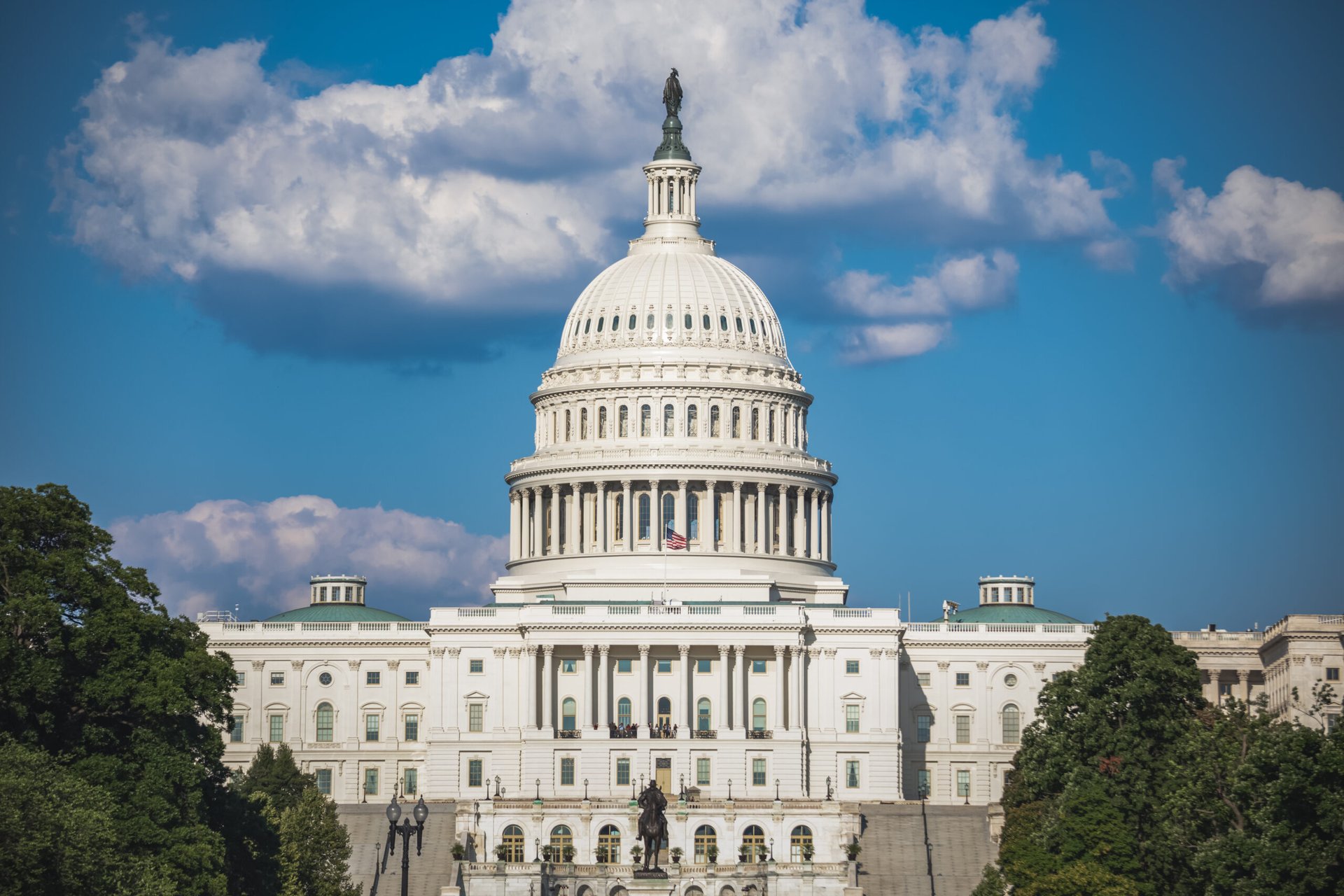In the dynamic landscape of environmental, social, and
governance (ESG) investing, a question looms large: do ESG investors aim to do
well financially, or do they primarily seek to do good for the planet and
society? The confluence of investment goals and ESG initiatives isn’t always
seamless, and as regulatory frameworks tighten, especially in Europe, the
repercussions for companies, particularly in emerging markets, are profound.
The ESG Regulatory Landscape
The European Union (EU), a
trailblazer in ESG regulations, has unleashed a series of measures to embed
sustainability into global trade. These include the Carbon Border Adjustment
Mechanism (CBAM) and the EU Deforestation Regulation (EUDR), both poised to
reshape industries and economies, particularly in emerging markets.
CBAM, effective since October 1, 2023, imposes a carbon
border tax on certain imported goods, covering materials like steel, aluminum,
fertilizers, and cement. This mechanism, while initially applying to a modest
5% of EU imports, is expected to expand, exerting a significant “brown
penalty” on carbon-intensive goods. The impact on emerging-market
industries, especially those in China, Brazil, India, Egypt, and Turkey, could
be severe.
EUDR, set to take effect in 2025, prohibits the sale of
products produced on land deforested since 2020. With a focus on commodities
like cocoa, coffee, palm oil, rubber, soy, and timber, this regulation places a
considerable reporting burden on producers in high-risk countries. Brazilian
coffee and soy, Chinese wood products, and the palm oil industry in Indonesia
and Malaysia are among those facing substantial risks.
The Challenge for European Companies
As ESG regulations tighten, European companies find
themselves at the nexus of financial success and ethical responsibility. While
these regulations are a manifestation of good intentions, the
potential misalignment between investment goals and ESG objectives poses
challenges. European companies operating in industries facing a stringent ESG
noose may find it challenging to compete with counterparts in less regulated
environments, such as China and the United States.
The Sustainability Imperative for Emerging
Markets
For emerging-market companies, the sustainability
imperative is both an opportunity and a challenge. Stricter ESG regulations in
Europe and other key markets necessitate immediate action. The journey toward
globally competitive sustainability involves a comprehensive assessment,
identification of gaps in measurement and reporting capabilities, and the
development of a holistic sustainability transformation roadmap.
The roadmap should encompass strategy, governance,
organizational shifts, enablers like digital technologies, and specific
capabilities required for compliance with evolving regulations. Companies that
proactively embrace sustainability, going beyond compliance to embed it in
their corporate DNA, stand to gain not only financial returns but also enhanced
access to markets, capital, and talent.
The Global Coordination Imperative
While ESG regulations emanate from the EU and other
advanced economies, global coordination is imperative. The correlation between
global trade and GDP underscores the need for a collaborative approach.
Emerging markets can’t navigate the sustainability transition alone. Advanced
economies must go beyond unilateral mandates and provide technical, financial,
and managerial assistance to facilitate this transition.
The World Economic Forum’s recommendations for aligning
carbon accounting, deploying green subsidies, fostering inclusive climate
clubs, and coherent use of international institutions underscore the need for a
collective effort. Green development assistance programs can play a pivotal
role in aiding less developed nations in making the necessary transitions.
Wrapping up
As the ESG landscape evolves, companies, investors, and
regulators must strike a delicate balance between financial success and
societal well-being. The challenge lies in ensuring that ESG initiatives are
not just checkboxes for compliance but integral components of a company’s
ethos. For European companies, adapting to stringent ESG regulations is a
journey that demands strategic foresight, innovation, and a commitment to
aligning financial objectives with the greater good. As industries face a
tightening ESG noose it becomes imperative to build a future where financial
success and environmental stewardship coexist harmoniously.
This article was written by Pedro Ferreira at www.financemagnates.com.
Source link







































